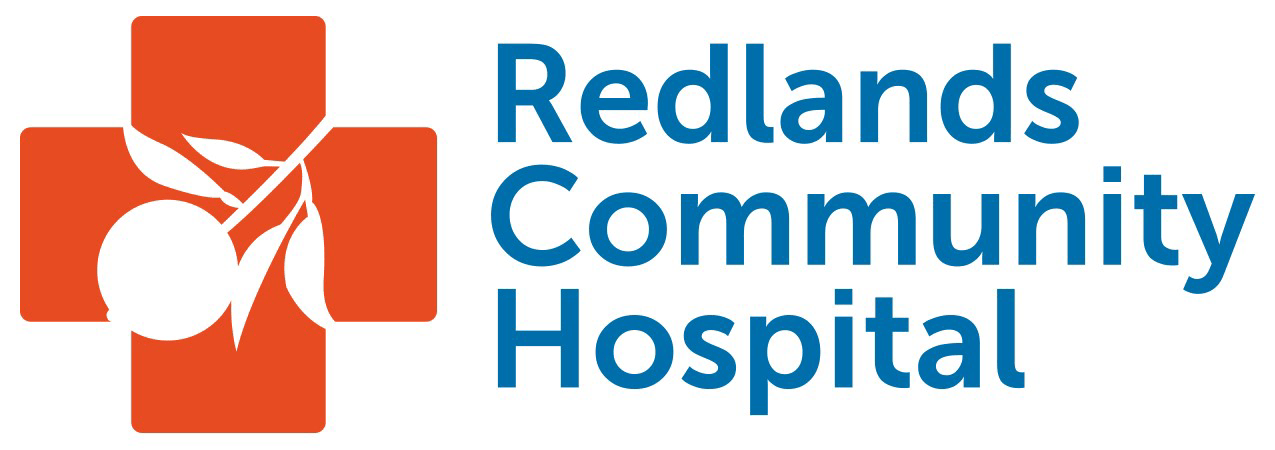Flu Season Hits Hard
- Category: Press Room
- Posted On:
- Written By: Redlands Community Hospital
Redlands Community Hospital Physician Says Take Symptoms Seriously, But Note Symptoms Before Heading to ER
Redlands, Calif.-Redlands Community Hospital has already seen a number of patients visit the Emergency Department with symptoms of colds, flu and pneumonia. The flu is a contagious respiratory illness caused by influenza viruses that infect the nose, throat, and lungs, says Steven Beutler M.D., an infectious disease physician at Redlands Community Hospital. It can cause mild to severe illness, and at times can lead to death. The best way to prevent the flu is by getting a flu vaccine each year.
Redlands Community Hospital and the Centers for Disease Control and Prevention also recommend taking preventative actions to stop the spread of flu:
- Cover your nose and mouth with a tissue when you cough or sneeze. Throw the tissue in the trash after you use it.
- Wash your hands often with soap and water. If soap and water are not available, use an alcohol-based hand rub.
- Avoid touching your eyes, nose and mouth. Germs spread this way.
- Try to avoid close contact with sick people.
- If you are sick with flu-like illness, CDC recommends that you stay home for at least 24 hours after your fever is gone except to get medical care or for other necessities. (Your fever should be gone without the use of a fever-reducing medicine.)
- While sick, limit contact with others as much as possible to keep from infecting them.
Everyone six months and older should get a flu vaccine each year. This recommendation has been in place since 2010 when CDC’s Advisory Committee on Immunization Practices (ACIP) endorsed for “universal” flu vaccination in the U.S. to expand protection against the flu to more people. While everyone should get a flu vaccine each flu season, it’s especially important that certain people get vaccinated either because they are at high risk of having serious flu-related complications or because they live with or care for people at high risk for developing flu-related complications, according to the CDC.
Before going to the emergency room, Dr. Beutler offers a few tips including:
- Manage your fever using aspirin, Tylenol, or Ibuprofen
- Drink plenty of fluids
- Get plenty of rest
But you should go the ER, says Dr. Beutler, if you suffer the following symptoms:
- A fever 103 or higher
- Confusion
- Shortness of breath
- Weakness and dehydration
Also, people who are elderly or debilitated from illness should visit the ER for lesser symptoms.
“There are many contagious patients in the Emergency Room, especially at this time of year,” says Dr. Beutler. “If you are well and do not need emergency care, you should avoid the Emergency Room as much as possible, even if you are accompanying a loved one.”
Redlands Community Hospital also asks that for the health and well-being of your loved ones, no visitors 14 years or younger will be permitted to visit in the hospital.
“For everyone's health and well being we are requesting family and friends accompanying a loved one to the Emergency Department during this flu season be kept to a minimum,” adds Beutler.
Redlands Community Hospital is an independent, not for profit, stand-alone hospital.
